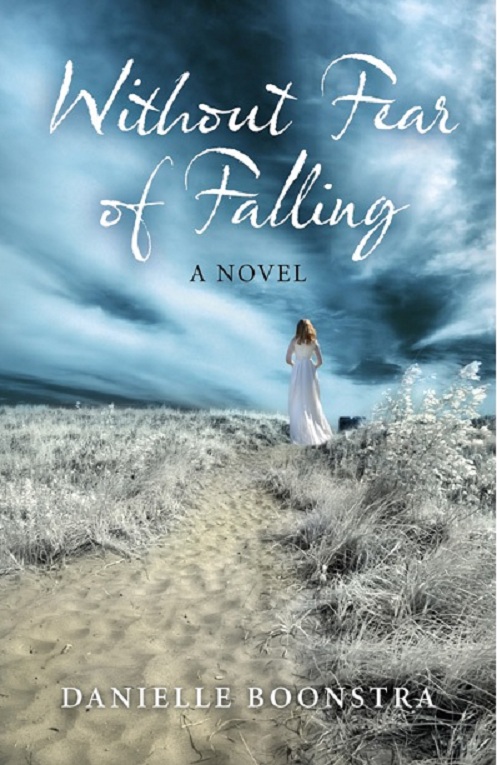Every compelling story needs a villain the reader loves to hate. He or she is the antagonist—the driving force behind the plot, the character who creates conflict and makes the hero’s journey meaningful. Without a villain, a novel can feel flat and uninteresting. You don’t want that. So, let’s explore the importance of a villain in a novel and what makes them so essential to your story.
The Villain Creates Conflict
Conflict is the heart of any great novel. It’s what keeps readers engaged and invested in the story. A villain is the perfect tool for creating conflict. They are the opposing force to the hero, the character who stands in the way of the hero achieving their goals. A villain can take many forms, from a physical threat to a psychological one. Whatever form they take, the villain is the character who creates the tension that keeps readers turning the pages.
The Villain Gives the Hero a Purpose
A hero without a villain is like a ship without a rudder. They may be adrift, but they have no direction or purpose. A villain gives the hero a reason to fight, a goal to achieve. Without a villain, the hero’s journey would be meaningless. The villain is the obstacle that the hero must overcome to achieve their goal, and it’s the struggle to overcome that obstacle that makes the hero’s journey so compelling.
The Villain Makes the Hero Stronger
A hero who faces no challenges is not a hero at all. It’s the struggle to overcome adversity that makes a hero strong. A villain is the perfect tool for creating that adversity. By facing a powerful opponent, the hero is forced to grow and develop their skills. The villain is the catalyst that makes the hero stronger, both physically and emotionally.
The Villain Creates Empathy
A well-written villain can be just as compelling as the hero. They can be complex characters with their own motivations and desires. A villain who is simply evil for the sake of being evil is not interesting. A villain who has a backstory and a reason for their actions is much more engaging. By creating a complex villain, the author can create empathy for the character, even if readers don’t agree with their actions.
Conclusion
In conclusion, a villain is an essential component of any great novel. They keep the reader guessing, offer the hero a sense of purpose and growth, and add empathy to the journey. A well-developed villain with the right amount of sympathetic features can be just as interesting as your beloved hero. Without a villain, the experience of your novel is nowhere near as visceral. So, the next time you read a great novel, take a moment to appreciate the villain and their contribution to the story.


